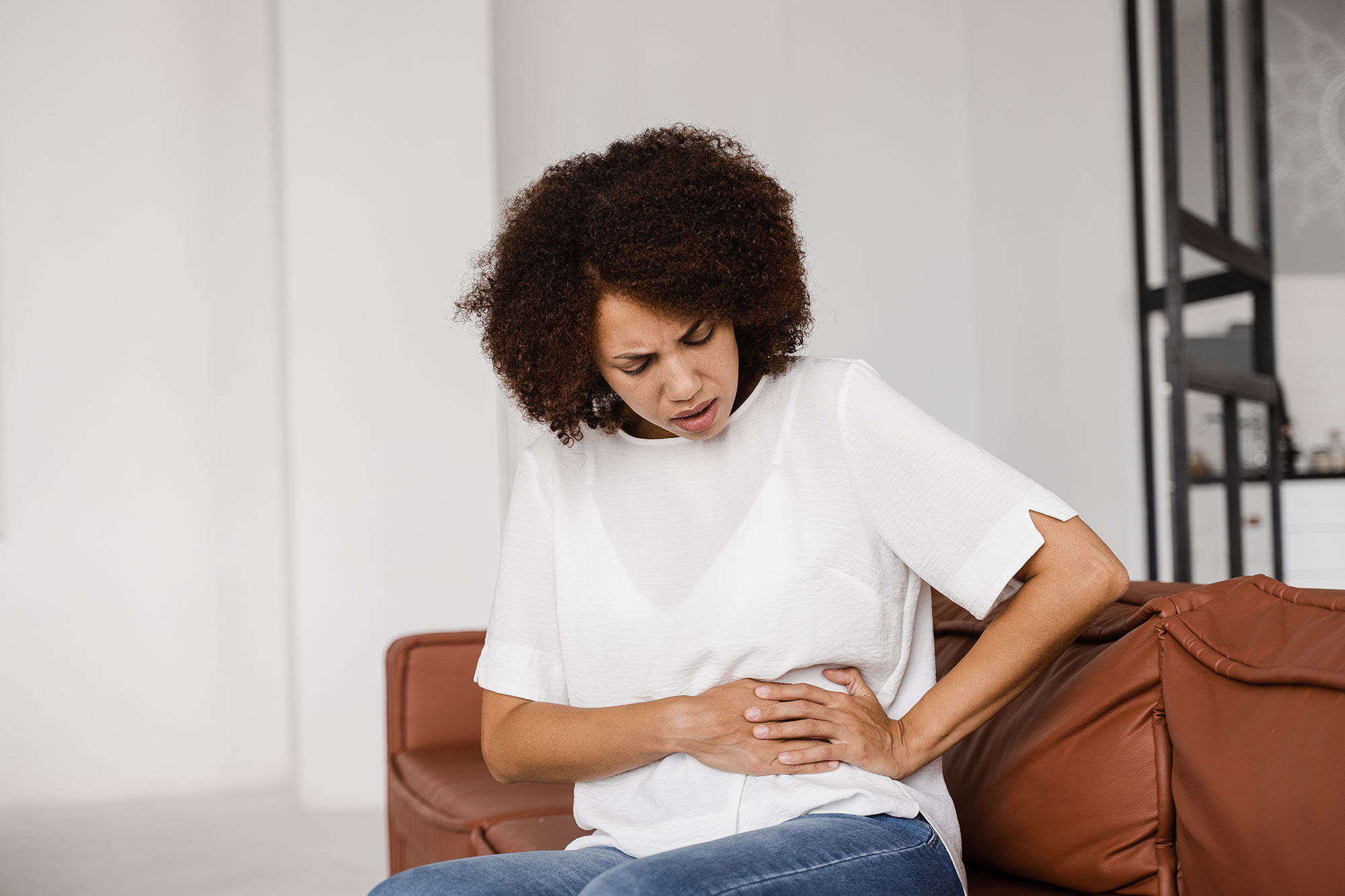What is diverticulitis?
Diverticulosis is a disease where small pouches of your intestine bulge outward through the outer lining of the colon. While these pouches called diverticula can present themselves in any part of the intestines, they are most commonly found on the left side of the colon known as the descending and sigmoid colon. Diverticulosis is a generally benign condition and does not usually cause discomfort. Both diverticulosis and diverticulitis fall in the category of diverticular disease. Diverticulitis is the condition where these small pouches become infected or inflamed. You have to have diverticulosis before you can have diverticulitis. If you have diverticulosis, it is important to be monitored by a GI specialist in order to prevent diverticulitis. You can find a GI specialist through GI Alliance.

What are the causes of diverticulosis?
Physicians are still unsure of the exact cause of diverticulosis. The general consensus is that these pouches come through the outer wall when abnormal pressure in the colon is applied, from muscle spasms or straining to push out stool. There also seems to be a strong correlation to family history which suggests that genetic inheritance can put someone at a higher risk of diverticulosis. Age is the main risk factor for diverticulosis. It can affect both men and women. Starting at the age of 40, the chance of getting diverticulosis increases approximately every 10 years. About half of people ages 60-80 have diverticulosis and most people over the age of 80 have it.
What are the symptoms of diverticulosis?
Generally, there are no symptoms of diverticulosis. If someone were to show symptoms of diverticulosis, those might include:
- Abdominal pain and cramping
- Diarrhea
- Bloating
- Constipation
If you experience any troubling symptoms related to your GI tract like those above, contact a GI Alliance location near you.
What are the treatments for diverticulosis?
The main goal of treatment for diverticulosis is to keep the pouches (or pockets) from getting infected or inflamed. Some possible treatments include:
- High-fiber diet
- Probiotics
- Fiber supplements
Possible ways to prevent diverticulosis include:
- Lose weight if overweight
- Avoid red meat and foods high in fat
- Quit smoking or don’t start smoking
- Avoid using anti-inflammatory drugs such as ibuprofen

